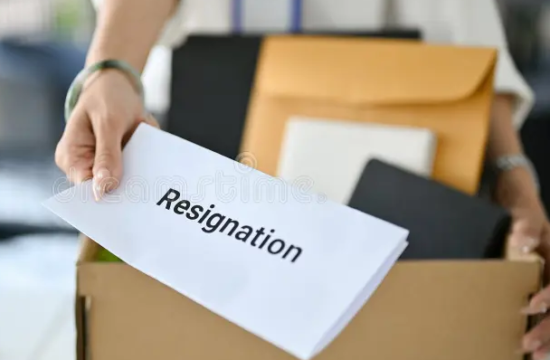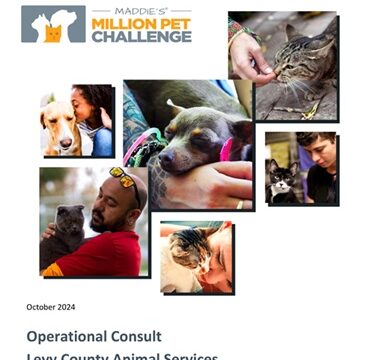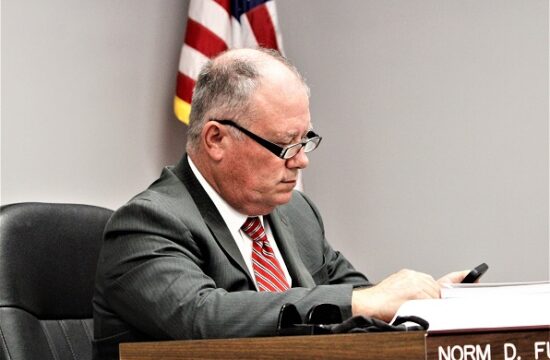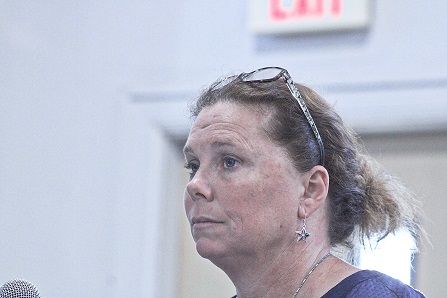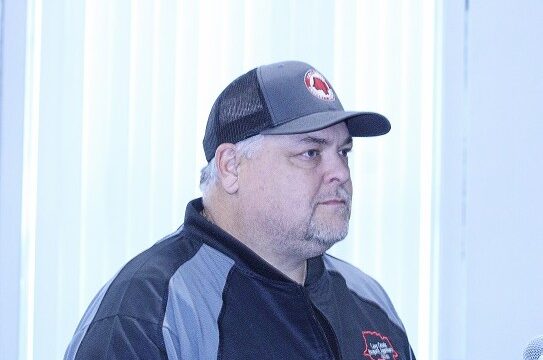By Terry Witt – Spotlight Senior Reporter
The ongoing battle over the dumping of horse waste in Levy County is moving into a new phase Tuesday when Levy County Commissioners discuss a 6-page staff memo recommending, among other things, that the county retain its prohibition on horse manure and horse barn waste dumping.
Levy County Commissioners adopted a resolution in February of 2022 that works like a moratorium to prohibit the dumping of horse waste and horse barn waste anywhere in the unincorporated areas of Levy County. The moratorium remains in place.
Staff is recommending a 15-minute discussion but say additional time could be given if commissioners wish to do so. The commission meeting begins at 9 a.m. in the Levy County Government Center but the discussion of horse manure won’t take place until near the end of the meeting.
The memo from Levy County Planning and Zoning Director Stacey Hectus and County Attorney Nicolle Shalley recommended continuing the prohibition of manure composting facilities “because it does not appear the State has a robust enough regulatory program to ensure the proper management of that waste that otherwise must be disposed of in a Class 1 landfill.”
The current moratorium contains no penalties for violation of the rules.
Staff considered whether such facilities should be a permitted use in commercial or industrial zoning districts, but given the nature of these of operations decided against it. Staff noted that depositing manure over large land areas would draw objections to odors, flies, and proximity to wellfields, so “staff cannot recommend this use in these zoning districts that are generally close to municipalities and dense residential development.”
Three Registered Manure Dumps
The Florida Department of Environmental Protection labels manure composting facilities as Source-Separated Processing Facilities (SOPF). The memo said there are currently three registered SOPF facilities in Levy County including Fant Farm #2 on 35th St., Morriston, Nature Coast Soils on NE 30th St., Williston, and SE 30th St., Morriston according to the Florida Department of Environmental Protection website.
Staff also recommended continuing the prohibition of Solid Waste Management Facilities for the same reasons given for SOPFs. The Levy County Landfill is the only general solid waste disposal facility permitted in the county. However, it is a Class III landfill and cannot accept manure, which must be disposed of in a Class 1 lined landfill, according to the memo.
Illegal Manure Dumps
Residents are telling Spotlight that there are other horse waste dumping sites in Levy County that aren’t registered with DEP but continue to accept horse waste including one site near Williston. Those sites are unregulated and would appear to be illegal under county and state regulations.
The memo notes that the State and County exercise separate regulatory authority, which means the issuing of a state registration or permit does not mean a facility can operate unless it also complies with all county regulations.
The memo says a non-farm facility that produces compost from sources other than vegetative materials, animal by-products, manure and/or yard trash requires a 5-year DEP Solid Waste Management Facility permit.
“Any facility (farm or non-farm) that collects manure and does not compost it for beneficial use is considered a solid waste disposal facility that requires a DEP Landfill or other Solid Waste Disposal Permit,” the memo says.
It’s unclear whether the previous paragraph opens the door to horse manure dumping as long as it’s composted “for a beneficial purpose.”
Manure Dumping for “Beneficial Purpose”
Additional proposed staff language raises questions about whether horse manure dumping could occur on a bona fide farm as long as it was done for a beneficial purpose.
Staff is recommending adding language to the Land Development Code allowing:
- Composting of manure in normal farming operations for use on the farm – county staff recommends adding this language to the LDC perhaps with the definition of bona fide agricultural operation “so that it’s a permitted use when enrolled in and following best management practices.”
- Composting of manure in normal farming operations for sale or use off the farm – county staff also recommends this language be added to the LDC along with perhaps the definition of bona fide agricultural operation “so it’s a permitted use when enrolled in and following best management practices and DEP’s test and classify regulations.”
Accepting Out of County Horse Manure?
The memo appears to open yet another door to horse manure dumping when it offers commissioners the opportunity to develop land use and zoning regulations for accepting excess horse manure and horse barn waste coming from out of the county.
The final paragraph of the memo says that when county staff talked to state agency officials, they expressed concern that intensive horse farm operations will not be able to get rid of all horse manure through “normal farming operations,” and if no other facilities are permitted in the county, “horse farms will be required to dispose of it out of county through a removal service or in the disposal of a Class 1 landfill.”
“However, neither county staff, nor the state regulatory agencies, could readily identify a local government in Florida that has addressed horse manure composting with clear and comprehensive regulations. If the board wishes to develop land use and zoning or solid waste regulations to address and allow non-farm composting facilities (e.g. SOPFs, Solid Waste Management Facilities, or Solid Waste Disposal Facilities) in Levy County, staff recommends the retention of a consultant with expertise in this type of waste as the board will need guidance on issues such as:”
- Which zoning district for each type of facility
- Setbacks, buffers, and/or screening from property lines and other development
- Hauling routes and traffic issues
- Prohibited areas such as Basin Management Action Plans (BMAP), springs protection focus areas (PFA’S), wellfield protection areas, floodplains, and other environmentally sensitive lands
- Proper waste handling and coordination and integration with State regulation.
The memo concluded that developing new regulatory requirements would mean adding adequate staffing for administration and enforcement.
This could be the last chance for citizens to have a voice in the manure composting debate before an ordinance is written for board approval.
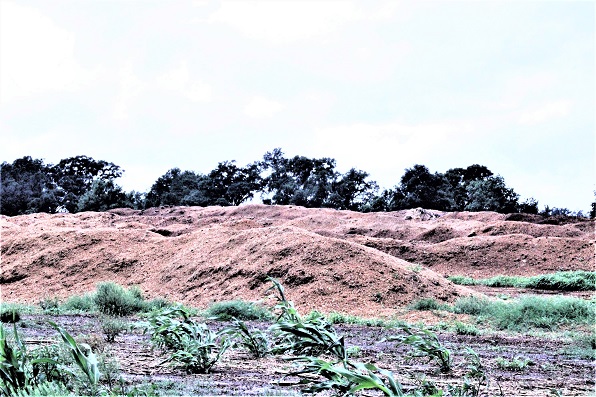
—————
Enterprise Reporting July 8, 2023; Posted July 8, 2023



